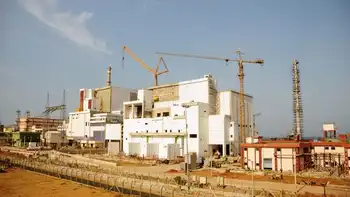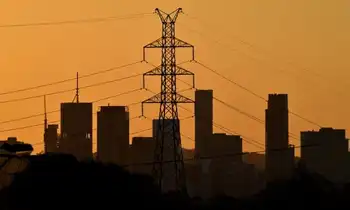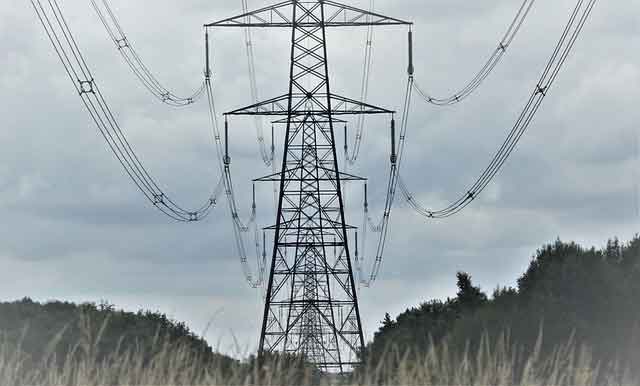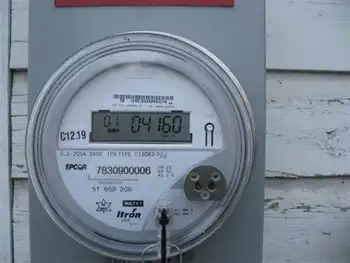U.S. nuclear locations under review
By Washington Times
Electrical Testing & Commissioning of Power Systems
Our customized live online or in‑person group training can be delivered to your staff at your location.

- Live Online
- 12 hours Instructor-led
- Group Training Available
In an appearance on "Fox News Sunday," the Obama administration's point man on energy said federal officials believe Indian Point is safe, but that the nuclear power plant will be a part of a nationwide safety review of U.S. facilities.
"The evacuation plans of the Indian Point reactor will be looked at and studied in great detail," Mr. Chu said, adding that the review, ordered by President Obama, likely will change the way nuclear plants are built and regulated in the U.S.
"Certainly where we site reactors and where we site reactors going forward will be different than where we might have sited them in the past," Mr. Chu said.
Gregory Jaczko, chairman of the Nuclear Regulatory Commission, said that his agency "will probably do some kind of short look in the near term just to re-examine the existing fleet of reactors."
However, Mr. Jaczko said in a C-SPAN interview, he did not expect a separate in-depth year-long study of reactor safety in light of the Japan crisis to affect requests from U.S. nuclear plants to have their licenses renewed in the interim.
New York Gov. Andrew Cuomo has suggested that the New York City-area plant, with its two operational 1970s-era reactors and one closed reactor, be shut down amid safety concerns in the wake of the Japan crisis.
A massive March 11 earthquake in the Pacific and its resulting tsunami severely damaged several coastal Japanese nuclear facilities, including the Fukushima plant, where engineers believe a catastrophic failure of the reactor's cooling systems led to a partial meltdown.
The tsunami destroyed cities, roads and homes all along the northeastern Japanese coast and has claimed more than 8,000 lives, though that death toll is expected to climb much higher. Since then, deadly radiation levels at the Fukushima facility have hindered the efforts of engineers and nuclear workers to bring the damaged reactor under control.
Mr. Chu appeared on several talk shows to address questions about whether the Obama administration had lost confidence in the Japanese government's handling of the nuclear crisis and whether officials in Japan were being forthright about the scope of the disaster.
"There is no evidence that I ever heard that the Japanese were holding back," Mr. Chu said on CNN. "We are getting information from them. We have confidence in that information."
Mr. Chu, a Nobel Prize-winning physicist, said there is no indication that radiation leaking from the damaged Japanese reactor poses a threat to the U.S. or its Pacific island territories such as Guam.
"I think with each passing hour, with each passing day, things are more in control," he said on Fox.
The Associated Press reported that Japanese officials say they are slowly bringing the leaking Fukushima reactor building under control.
"We consider that now we have come to a situation where we are very close to getting the situation under control," Deputy Cabinet Secretary Tetsuro Fukuyama said.
Still, reports of radiation-tainted vegetables and tap water have added to public fears about the crisis in Japan and raised concerns in the U.S. about the possibilities of radiation contamination along the American West Coast.
Other Washington leaders warned that the crisis in Japan will inevitably affect the American nuclear industry, which in recent years had been the subject of much talk of a "nuclear renaissance."
On CBS's "Face the Nation," Rep. Edward J. Markey, Massachusetts Democrat, said the accident "is calling into question of the viability of nuclear power in this country."
Mr. Markey, who has called for a moratorium on the construction of nuclear power plants in earthquake-prone areas, predicted that the nuclear industry had met "its maker in the marketplace."
"It won't be protesters, it will be Wall Street investors raising questions about its viability going forward," Mr. Markey said.











